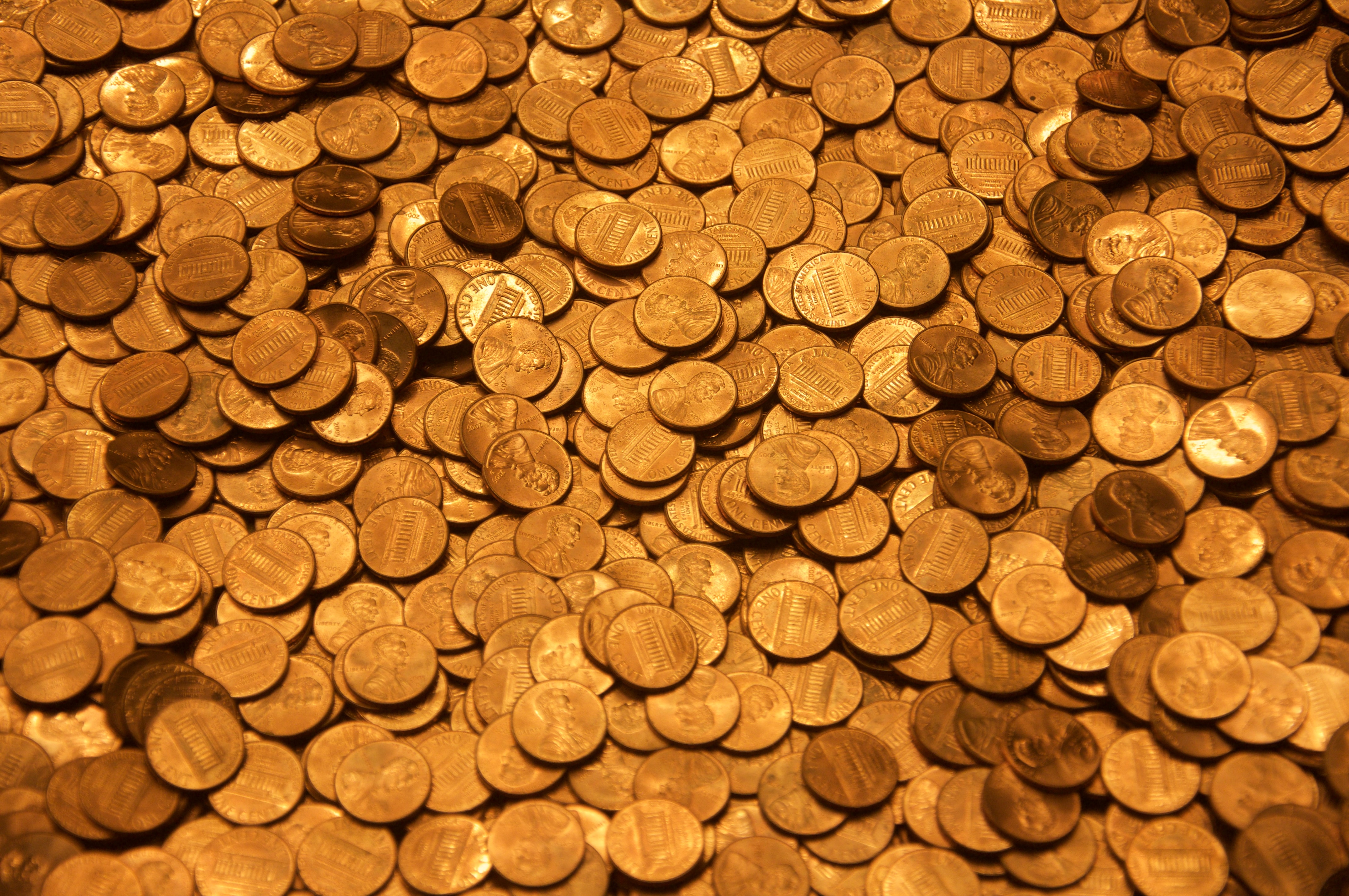IF YOU HOLD PRECIOUS METALS AS PROPERTY IN YOUR RETIREMENT ACCOUNT, THERE ARE TAX EFFECTS YOU OUGHT TO BE AWARE OF.
Taking into account the present values of the stock exchange in addition to the traditionally reduced rates of interest on fixed-income properties, some owners of precious metals ira company Individual retirement accounts may have an interest in rearranging several of their funds right into precious metals instead of equities or low-risk instruments (such as Treasuries or money market funds). However, before you buy gold, silver, or platinum, you must consider a few things related to the government earnings tax obligation.
Holdings of Precious Metals in Your Retirement Account
An investment in any steel or coin made via an individual retirement account (IRA) is considered to be the purchase of an enthusiastic product. As a consequence, the transaction is comprehended to be a taxed payment from the IRA, followed by a purchase of the metal or coin by the owner of the individual retirement account (you). Due to this general policy, it is not feasible for individual retirement accounts (IRAs) to invest in rare-earth elements or coins generated from rare-earth elements.
However, the Internal Revenue Code includes a substantial legislative exception, which states that individual retirement accounts (Individual retirement accounts) are permitted to make financial investments in 1) specific gold, silver, as well as platinum coins and also 2) gold, silver, platinum, and palladium bullion that pleases the suitable purity standards. However, the IRA trustee or custodian is the one who is in charge of holding the coins or bullion as opposed to the owner of the IRA. All kinds of individual retirement accounts, including typical Individual retirement accounts, Roth IRAs, SEP accounts, and SIMPLE-IRAs, go through the exact same regulations.
Investments in Precious Metals Held in Physical Type Within IRAs
Individual retirement accounts are permitted to have some rare-earth element coins and bullion, thanks to a regulation exception. These coins, as well as bullion, consist of:
Coins such as the American Gold Eagle, the Canadian Gold Maple Leaf, the American Silver Eagle, the American Platinum Eagle, and gold, silver, platinum, and palladium bars (bullion) that fulfill the appropriate pureness requirements are all examples of these types of coins and also bullion.
For instance, gold bars must have a minimum purity level of 99.5%, while silver bars must have a purity degree of at least 99.9%. Discover an IRA trustee willing to establish a self-directed IRA and assist in the physical transfer and storage space of rare-earth element assets. This is a practical matter that requires to be addressed. Only a few companies are willing to take on the duty of trustee for self-directed individual retirement accounts (Individual retirement accounts) that store rare-earth element coins or bullion.
You can find willing trustees by performing a search online. These trustees will plan for the individual retirement account owner’s precious metal properties to be physically kept. Adhering to charges is regular when managing a rare-earth elements IRA trustee:
A single price for the production of the account, a yearly price for the administration or upkeep of the account that includes the sending out of account declarations, and an annual cost for storage and insurance coverage.
There is an opportunity that bonus charges will certainly be assessed for purchases such as contributions, payments, and commissions for trading precious metals.
Purchasing Precious Metals With an Individual Retirement Account Indirectly
Those that do not like to deal with the problems that are connected with the physical ownership of rare-earth element coins or bullion by individual retirement accounts (IRAs) have the option of acquiring shares of an exchange-traded fund (ETF) that follows the worth of precious metal rather. At one point, there was a worry that the acquisition of shares in an exchange-traded fund (ETF) that invests in rare-earth elements could be interpreted as the acquisition of a collection. Because of this turn of events, the IRA would be considered to have made a distribution that underwent tax.
To our great relief, the Irs (INTERNAL REVENUE SERVICE) recently revealed that individual retirement accounts (IRAs) are no longer banned from purchasing shares in exchange-traded funds (ETFs) that are categorized as grantor investment trusts. The table that adheres supplies a summary of recent Exclusive Letter Rulings (PLRs) that concern financial investments in rare-earth elements made through IRAs:
Under the most recent PLR, the policies that prohibited straight individual retirement account investments in gold do not use when an impartial trustee deals with the gold in question. In case the letter judgment was contacted deal with, shares in a gold-holding trust fund (possibly an ETF) were sold to the public, consisting of people that held Individual retirement accounts and were traded on a stock exchange.
Vital: If you wish to invest in rare-earth elements in an indirect manner that is likewise very easy, you can have your retirement account (INDIVIDUAL RETIREMENT ACCOUNT) acquire ordinary shares of mining companies or mutual funds which contain mining equities.
Age-Related Considerations for Individual Retirement Account Holders
The rates of rare-earth elements are known to change usually. Before putting this approach right into action, it is important to discuss it with a certified financial expert who focuses on rare-earth elements to acquire an understanding of the prospective difficulties. When you go to or close to the age of retirement life, it is extremely testing to use an individual retirement account (INDIVIDUAL RETIREMENT ACCOUNT) to buy precious metal possessions.
